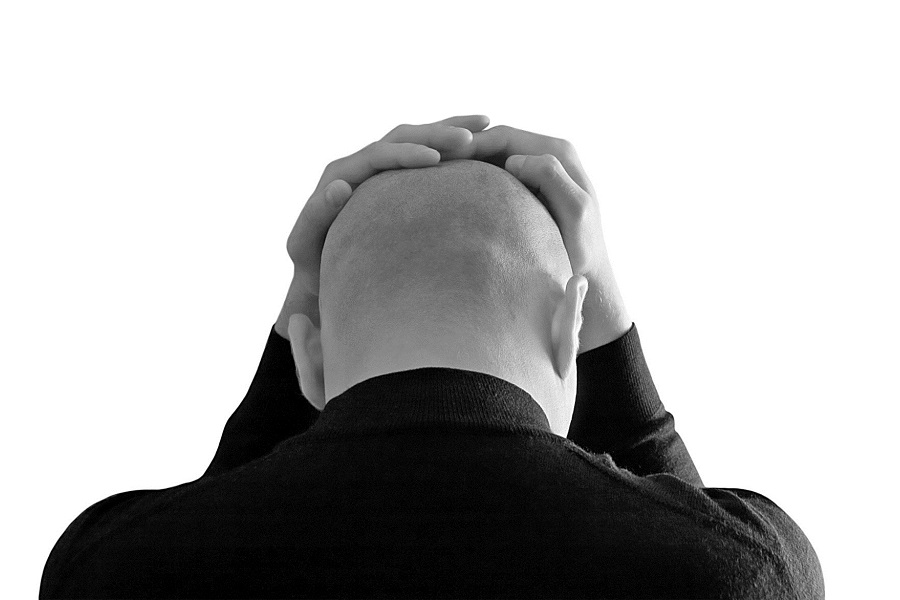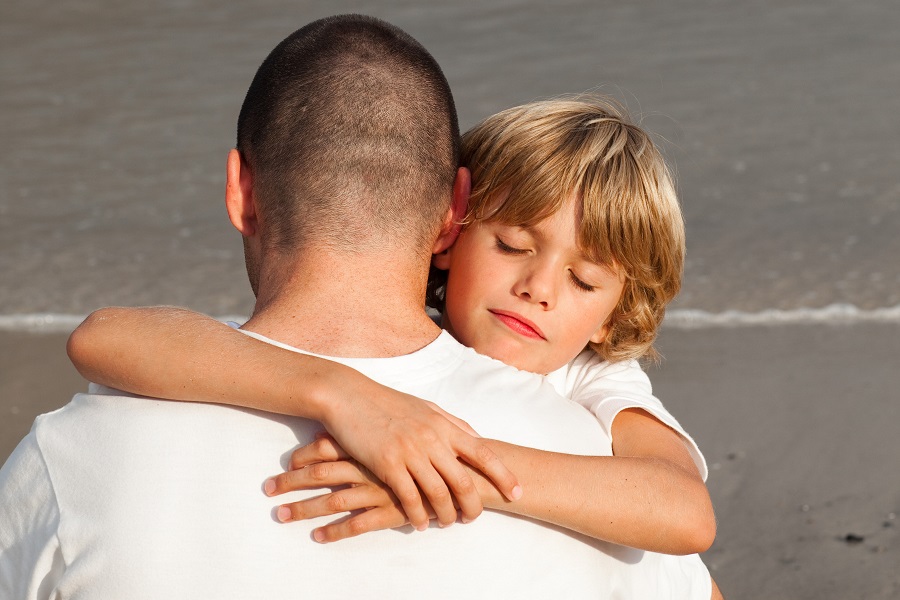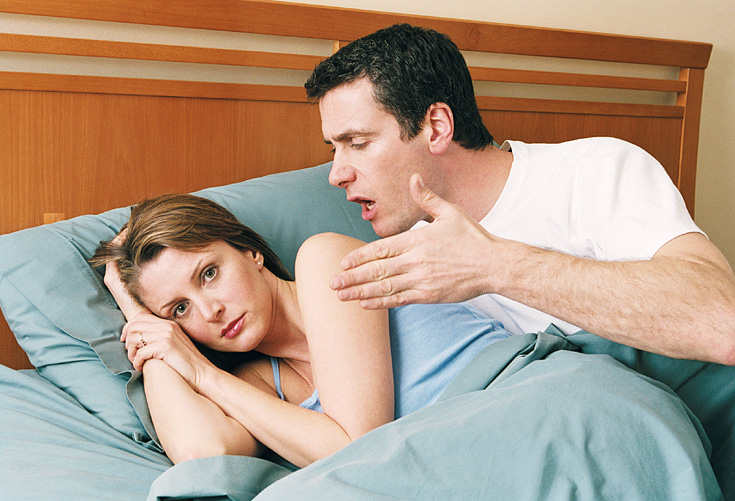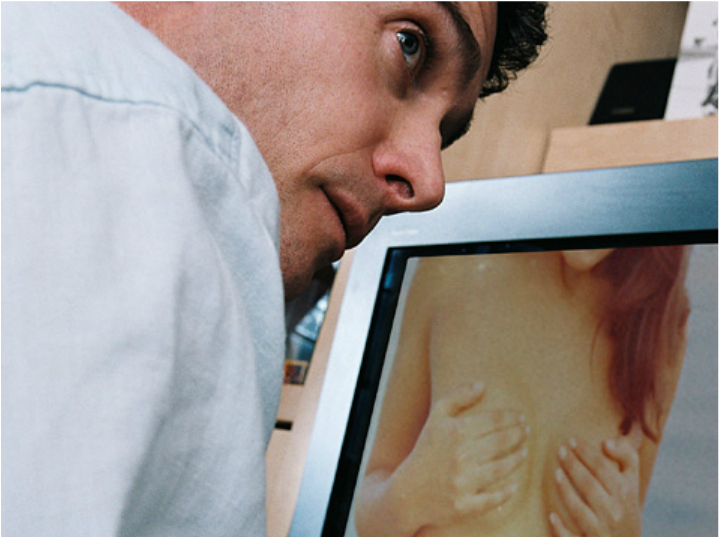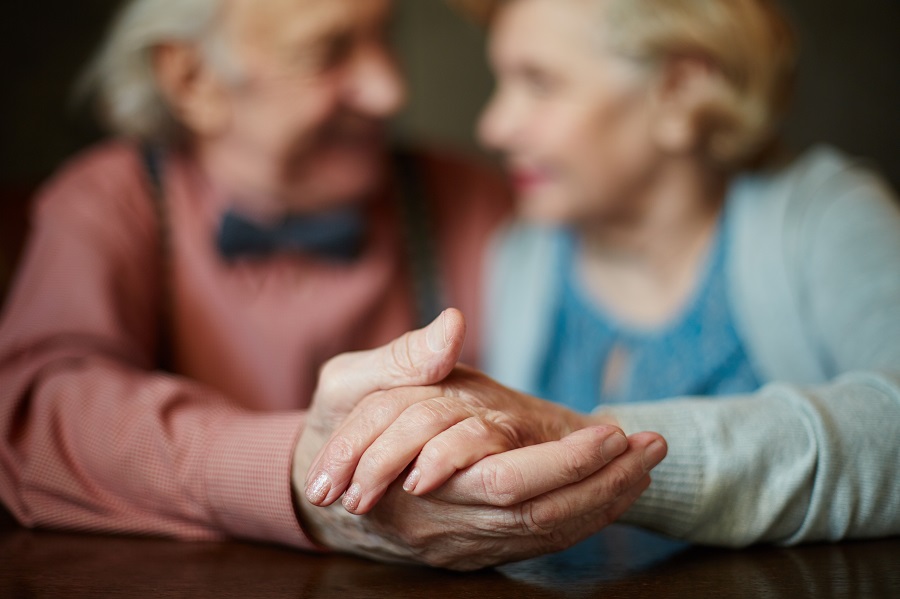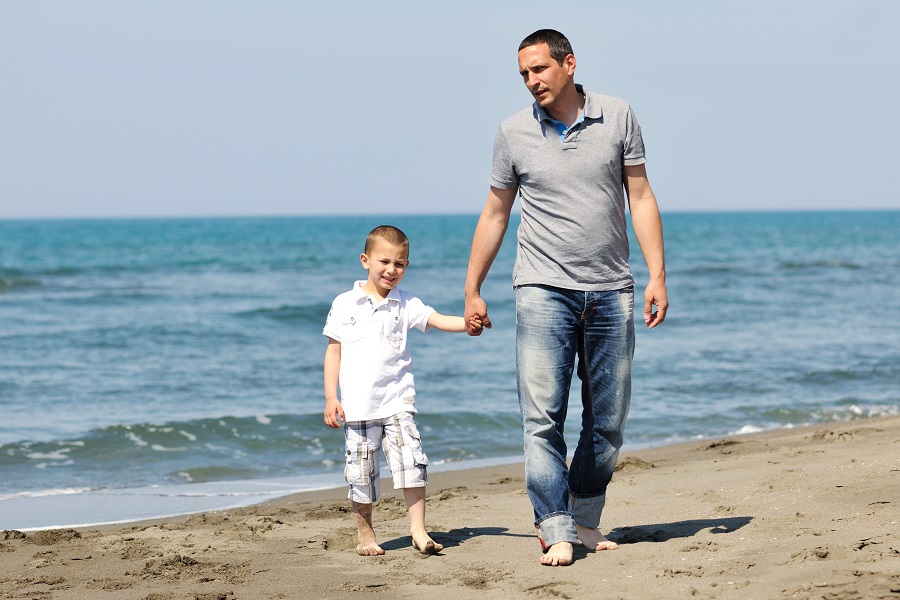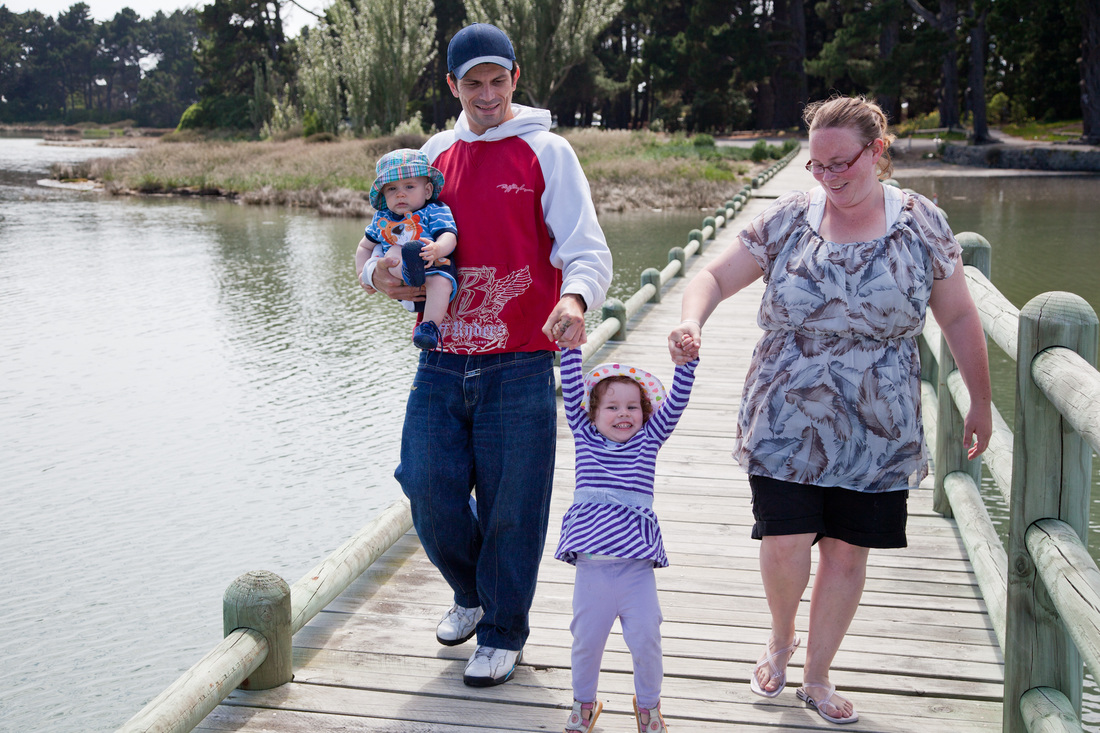There are a lot of things that people say about domestic abuse that are flat out wrong!
Myths serve as convenient excuses for abusers not to take responsibility for their behaviour. There is no excuse for domestic abuse. Check out the following myths and realities and make your own mind up… Myth #1 - Women choose this type of man Most women's experiences show that in the beginning of the relationship men are very attentive, loving and caring. Women are not aware when becoming involved with men whether they are violent or not, there are no signs.
0 Comments
Our lives are in a constant state of change. We've all heard the saying... "Change is the only constant" Whenever we change, part of us becomes excited and determined, while another part of us fears what it may mean and wants to remain the same. Even when we are strongly determined to be different, there is a part of us that wants to keep things the same.
Two very important questions are:
Take a moment to think about some other behaviour that you have managed to put behind you. For example, have you...
Think of four animals for a moment - a turtle, a shark, a fox and an owl…
The turtle withdraws into its shell when the heat is on, not reappearing until the situation is safe. The shark will circle a couple of times and go in for the kill. The fox has a natural ability to strategise, taking its time to stalk its prey and waiting for the right moment to attack. The owl is perceived as wise, weighing up the situation from all sides. The qualities of these animals can be perceived as styles people use to deal with conflict. Let’s start with the turtle. Whenever something happens to threaten the turtle’s sense of security, it withdraws and is seen to be sulking and uncommunicative. Turtles are often afraid of the power of their emotions. They will deny that they are feeling a certain way, doubt themselves, and intellectualise (convince themselves that the situation is better than it is). Or they may not believe they have the right to feel a certain way.
This is a question you can ask about any interaction between people…
“Does this interaction build or lessen respect, safety and trust for this person, or does it demean them in some way?” Abusive behaviour is clearly at the expense of others, whereas respectful behaviour enhances all concerned. Healthy relationships are those where people feel free to disagree. This does not mean that people don’t like or are judging you… it simply means that, from their experiences and understanding, they have a different view. You can agree to disagree over an issue and still remain friends.
Jealousy is a feeling that arises from suspicion, apprehension, fear of unfaithfulness, or fear of being replaced by someone.
Jealousy can serve several functions in a relationship including…
Jealousy becomes a problem when it is connected with possessiveness. Men often assume that they should be in control of the family, and assume that they have control over others. From the history of men’s ownership and control over women and children, this is not at all surprising. It is not unexpected that men will struggle with the notion of allowing women the freedom to be their own person.
Is using pornography a problem for men who would like to have equal and respectful relationships?
Men who question the use of porn risk being called “prudish”, “killjoy” or “conservative”. What are your own answers to these questions? So is there a true distinction between “hard core” and “erotica”? Hard core porn depicts women being hurt, forced, humiliated and degraded. Erotica is less degrading but still depicts women with a very restricted personal presence. In porn images and videos women are still reduced to narrow aspects of behaviour or body parts. Does this respect women and our own sexual feelings as men?
Very early on men learn not to express the strong basic emotions of fear, sadness, or shame, because of many experiences of being ridiculed if they did.
How many times have you been told ‘Don’t be a girl’ or something similar if you acted in a ‘non-male’ way or showed any of your gentler emotions? How many times did you hear ‘Big boys don’t cry,’ robbing you of your ability to fully grieve over the sad times in life… the death of close friends or family, relationship break-ups, the loss of a job, and so on? The old rule book way to deal with these powerful feelings is to switch into power-taking behaviour rather than risk fronting up to feelings of vulnerability. The rule that says ‘men don’t have emotions,’ combined with the strong urge to feel okay, invites men to move into the mode of self-righteous anger (which is not one of the basic emotions - but a secondary emotion - see the diagram below). This might make you feel good in the short term but will have a disastrous impact on those around you. While self-righteous anger may feel good in the short term, very soon you are back with your old feelings and the pattern starts again.
To embrace these new ways of being with others will make a huge difference to your own sense of self, as well as to how others perceive you.
Below are some specific ways to relate to others more respectfully.
What would be the implications of the following belief that men often hold...? My partner has no right to criticise me! The thinking behind this is usually that ‘she has faults, so how does she have a right to criticise me’? Is there anyone who is truly above criticism, who can walk on water and always does the right thing? How will we know what to change unless we are willing to hear criticism?
To check whether you are genuinely open to criticism identify one criticism that you hear quite often from your partner or someone else close to you. It’s important to identify a genuine criticism.
Have you had enough?
Is it time to put abuse behind you, or do you want to keep your options open? You have found that the reasons for belonging to the ‘Abuse Club’ are no longer valid. You had little choice about joining - membership is free when you are born male - but you can make the decision to resign now that you are an adult. So what will you do? Letting go of a lifestyle of abuse is like saying goodbye to an old friend. The friend may have got you into a great deal of trouble but you have been through a lot together, like real buddies or mates. There were pay-offs or benefits in being a member of the ‘Abuse Club’. You often got what you wanted in the short term, at the expense of others.
Have you been conned?
Like many men, you may have been conned by the Old Rule Book (and the family you grew up in) to behave in certain ways. Like any con, it loses its power once it’s exposed. Once you see the situation for what it is you are in a strong position to make other choices – that is… the choice to make a change! Human nature is a tricky thing because it invites you (wants you) to act in the same ways and do the same things to resolve a problem. What this does, is gets you stuck even more. When you understand where your patterns of behaviour come from and what around you is supporting these behaviours, you’re in a good position to rewrite your own story. The Old Rule Book was made up of the following ideas…
If you are here you are either struggling or know someone who is struggling with abusive practices. Over the past 30 years I've worked with literally hundreds of men who have struggled to overcome the lesson they learnt in their families which is...
“Abusive practices are okay and work to get you what you want.” I want to say that despite the messages we get as men that 'using abusive practices is okay', abusive practices are bad news for everyone and impact on everyone involved in negative ways. The good news is that these are learned behaviours and with persistence and effort it is possible to overcome these and have a good life. A good life has huge benefits for us as men and for all of the other people in our lives. |
